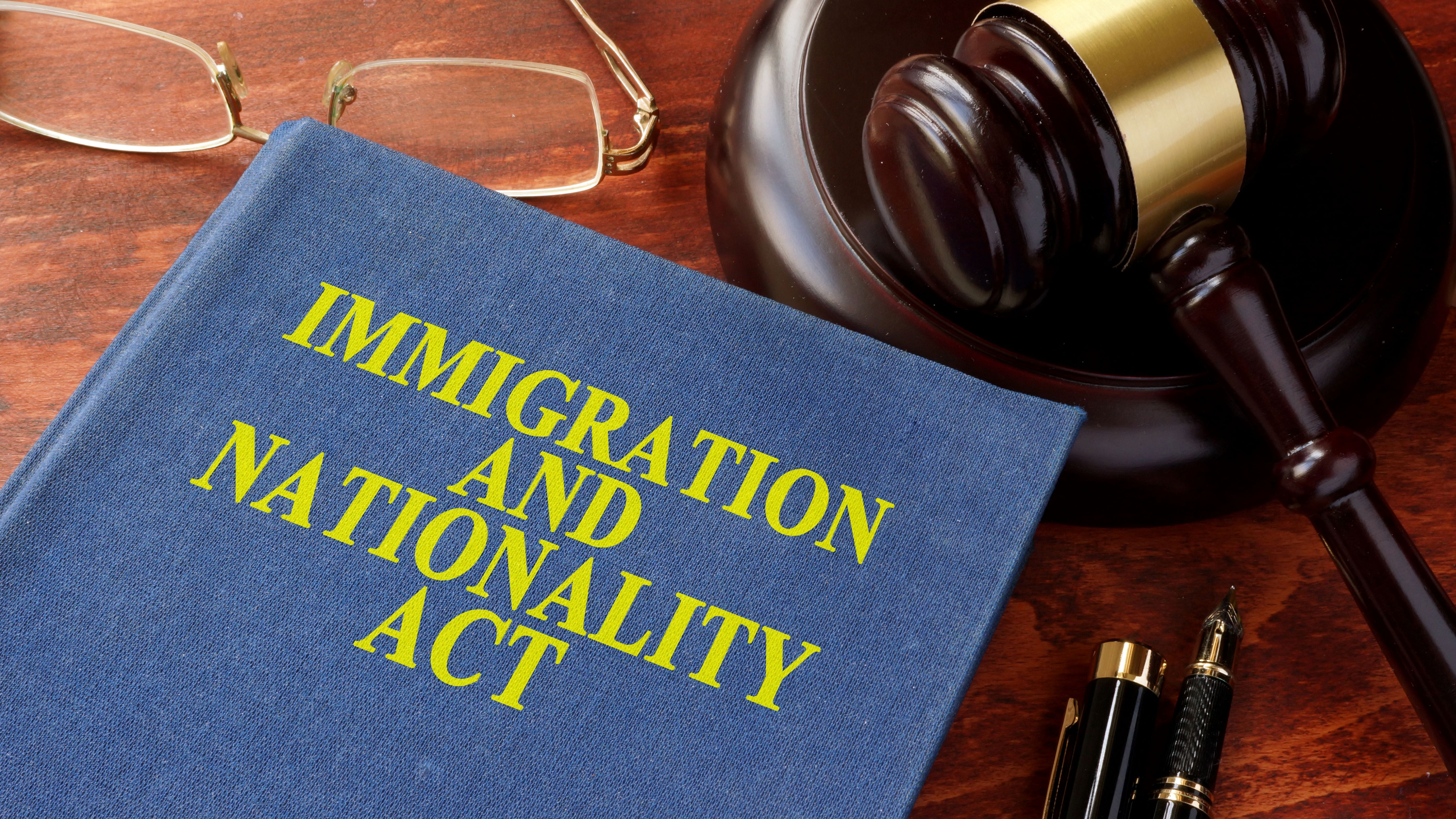212(e) Home Residency Requirement

What is 212(e)?
212(e) is a provision in the Immigration and Nationality Act specific to J exchange visitors which requires J-1 Exchange Visitors (and their J-2 dependents) to return home for a period of two years following completion of their program before becoming eligible for certain U.S. immigration benefits.The purpose of this requirement is to have your home country benefit from your experience in the United States by requiring you to return home for a period of two years with the knowledge and skills gained from your J exchange visitor program.
You may be subject to the two-year home residence requirement, as set out in Section 212(e) of the Immigration and Nationality Act, for one or more of the following reasons:
•Skills List- The education, skill, or training that you are pursuing in the United States appears on the Exchange Visitor Skills List for your home country;
The 2024 skills list (current) can be found hereto help determine if you be may subject to this requirement based on your current program or participation in a future J exchange visitor program.
•Government funding- You received funding from the United States government, your home government, or an international organization, specifically in connection with participation in the Exchange Visitor Program; or
•Foreign medical graduates- You received graduate medical education or graduate residency training as a J-1 Alien Physician.
You are subject during your initial entry as a J. Change of program and/or entry in different immigration status does not erase 212e. Accompanying J-2 dependents are subject to the requirement if you are subject.
Notations on form DS 2019 or entry visas are preliminary in nature, and are occasionally wrong. 212(e) Beneficiary Guide 2024
If you believe you should not be subject, or you are unsure if you are subject, you may request an Advisory Opinion from the Waiver Review Division who will review your program and documents and make a final determination about if you are subject to the requirement.
If you are subject to the home country physical presence requirement, you are NOT eligible for lawful permanent residence (green card) regardless of marriage to a U.S. citizen, or for H (H1B and H-4) or L visas, until you have been physically present in your home country for a total of at least two years following completion of your J program; OR until you have received a waiver of the requirement. Also, you are not permitted to change status in the United States, except to A or G. You may leave the United States and apply for any other non immigrant visa types, except permanent residency, H, and L.
As a general rule, you fulfill the requirement by physically staying in your home country for an aggregate period of two years. The two years do not have to be consecutive, you may accumulate a total of two years using several stays in your home country for a shorter period.
Only the J-1 principal can apply for waiver. In exceptional cases, such as in case of a death or divorce, or where a J-2 child turns 21, the J-2 can apply for waiver on their own, with the department of state acting as an "Interested Government Agency". A waiver granted to the J-1 applicant covers J-2 dependents for that program, unless a J-2 dependent had J-1 status him or herself and was subject to the requirement.
Applications to waive the home residence requirement are considered on one of the following:
1. Statement of no objection from the home country
2. Extreme hardship to a U.S. citizen or permanent resident spouse or child
3. Fear of persecution
4. Interest of a U.S. government agency
5. Request from a designated State Public Health Department (Conrad State 30 Program)
The U.S. Department of State provides more information regarding waivers and the process used to apply here.
***Highly Important for Extensions and Transfers***
When the Department of State completes reviewing your application, they will send a waiver recommendation letter to the United States Citizenship and Immigration Services, and a copy to you and your program sponsor. The USCIS makes the final decision on your waiver application.
Once a positive waiver recommendation has been given, there can be no extension of Form DS-2019 beyond the end date on your current form. Also, you may not transfer your J-1 program after the DOS waiver recommendation is issued, so be sure to consider the appropriate timing of a waiver application. You are also ineligible to apply for Reinstatement.
Disclaimer: The content on these pages is designed for use by LSUHSC-New Orleans sponsored students, exchange visitors and employees. It is not intended to constitute legal advice and is not a substitute for legal counsel.
